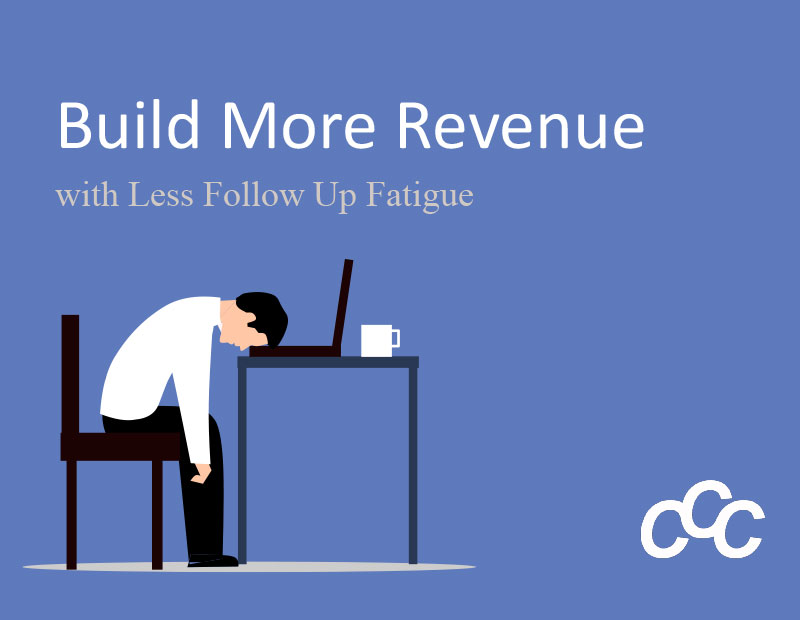The CRM has come a long way since the 1970s when it relied on standalone mainframe systems to produce spreadsheets and lists of customers. Forty-plus years later, the CRM continues to evolve and is a necessity for businesses to manage and nurture prospects and customers. Recently, we shared the emerging trends in CRM technology and the impact it will make on small businesses.
One trend that we see emerging is CRM becoming an all-in-one platform. We want to take a deeper look into this.
Just a few years ago, a small business needed to purchase licenses and subscriptions for software or platforms to handle different areas of business. This included invoicing, project management, email newsletter, quote generation, and version control, and accessibility for documents. This is a challenge when each platform is independent and does not always integrate with the others.
Many “Enterprise Software” companies emerged in response, touting the All-In-One system for Project Management, HR, Time and Billing, and General Ledger. Some even introduced a CRM but typically, they are limited in functionality. In nearly every case, Enterprise Software systems are expensive and are beyond the needs of small and medium businesses (SMBs) that are focused on closing the next need to manage clients, prospects, and tasks. Fortunately, many CRMs integrate with other popular software products to enable SMBs to gain efficiencies.
Many CRMs have already integrated lead generation, automation, and email marketing into their platform, but it does not stop there. We see the trend of CRMs either incorporating more functions to centralize business management or integrating with business management platforms continuing to grow. Here are four ways that CRMs are centralizing business processes.
Quoting and Invoicing
CRMs are beginning to include product pricing, quote, and invoice management into their functionality. Having a centralized system that ties into a prospect and customer’s record is becoming increasingly important. The functionalities that are being integrated include:
- Product tracking (inventory, cost, shipping)
- Quote generation
- Invoice creation
- Quote reports
- Account and product correlation reports
It still is best to track Accounts Receivables in an accounting system so integration through APIs (Application Protocol Interface) is the key for SMBs.
Task Management and Collaboration
CRMs are starting to create a central space where employees can work on projects together and brainstorm on deals and other activities. CRMs are improving communication and the flow of information through the following:
- Groups where team members share emails, contact records, and topics
- Task management where managers assign tasks to team members, managing workloads and task completion
- Centralized calendar where Company and Project deadlines are available to staff
- Email correspondence manager where your emails are recorded in your contact’s record for easy retrieval and reference.
Integration with 3rd party software such as Slack and Monday also is now possible
Document Management
Many businesses are using an online cloud document system to store and manage documents. CRMs are integrating with online platforms like Google Drive and Microsoft OneDrive. However, Some CRMs are taking it a step further and including a rich text editing tool and document management system where businesses can create generic documents, email templates, quotes, as well as upload files. Better CRMs may integrate with DocuSign or have their own electronic signature capabilities.
Customer Support
CRMs are integrating functionality to manage customer support, service requests, and warranties. The CRM is becoming a centralized system for customer support tickets as well as:
- knowledge base
- satisfaction surveys
- automated responses
- support assignment
Customer support that results in customer satisfaction and internal team feedback about enhancements and improvements leads to long-term clients and higher profits.
Conclusion
Most CRMs can integrate with 3rd party software to extend functionality and bring business processes together. The trend is showing steps that are being taken by CRMs to include functionality and business processes show that the trend of becoming an all-in-one system is not too far away. Our preferred CRM, X2CRM, is already leading the way in the trends with affordable solutions for small businesses. Call us at 301-332-0613 or fill out the form to request a demo of X2CRM. It is time to centralize your business processes. As a result, you will save money on overhead and increase sales and revenue.





